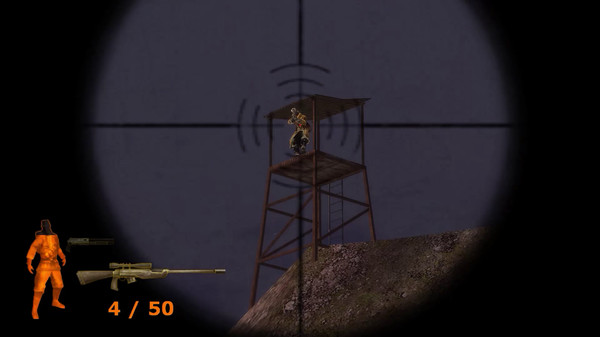

To reach net zero, the state will need to assume a radically interventionist role. The reinsurance company Swiss Re concludes that global GDP will fall by as much as 14 per cent if temperatures rise by 2☌ to 2.6☌. As Philippa Nuttall, our environment editor, writes in this week’s cover story, the economic damage inflicted by climate change could “trigger losses that go far beyond anything wrought by Covid-19”. The reality is that the world cannot afford the cost of not doing so. Yet even now, prominent commentators and many politicians insist that the world “cannot afford” the cost of going green. Uninhabitable land and food shortages would create a new era of mass climate migration and geopolitical resource conflicts. At this level, estimates suggest, 275 million people would be subject to flooding, while more than a quarter of the world’s population would be exposed to extreme drought conditions. By 2030 global fossil fuel production levels are projected to be 105 per cent higher than the amount necessary to limit global warming to 1.5☌.īased on present trends, temperatures would rise by 2.7☌ in the next century. You will start to receive emails from The New Statesman.Īnd even if net zero pledges are met, the world is still set to fall short. SUBSCRIBED THANK YOU Thank you for subscribing. World leaders must demonstrate that they have both the will and the means dramatically to reduce emissions. In the quest to avoid catastrophe, the UN Climate Change Conference (Cop26), which opens in Glasgow on 31 October, should be a defining moment. (They are already around 1.1☌ to 1.3☌ higher.) The thawing of the Arctic permafrost could lead to even higher emissions.


The world may have only a decade left to prevent average temperatures rising by more than 1.5☌ above pre-industrial levels – the point at which the risk of irreversible and catastrophic climate change significantly increases. CO2 emissions from electricity generation are already higher than their pre-pandemic level. Hurricanes, floods, droughts and wildfires are disturbingly common.Īfter falling by a record 7 per cent in 2020 during the worldwide shutdown, carbon emissions are forecast to rise this year at the second fastest rate in history. The abnormally hot and cold temperatures that global warming produces are now linked to around five million deaths a year. Climate change is not only a crisis for future generations it is a crisis for all of us today.


 0 kommentar(er)
0 kommentar(er)
